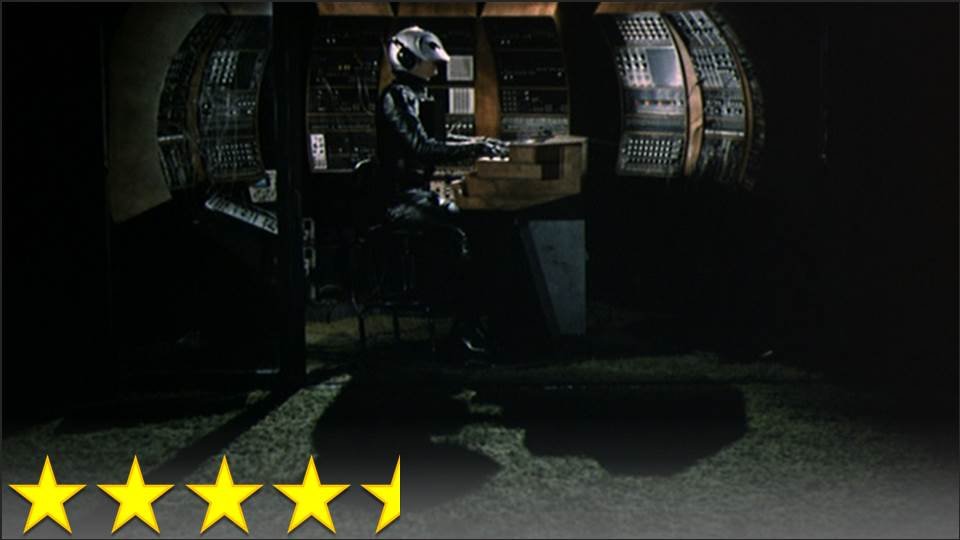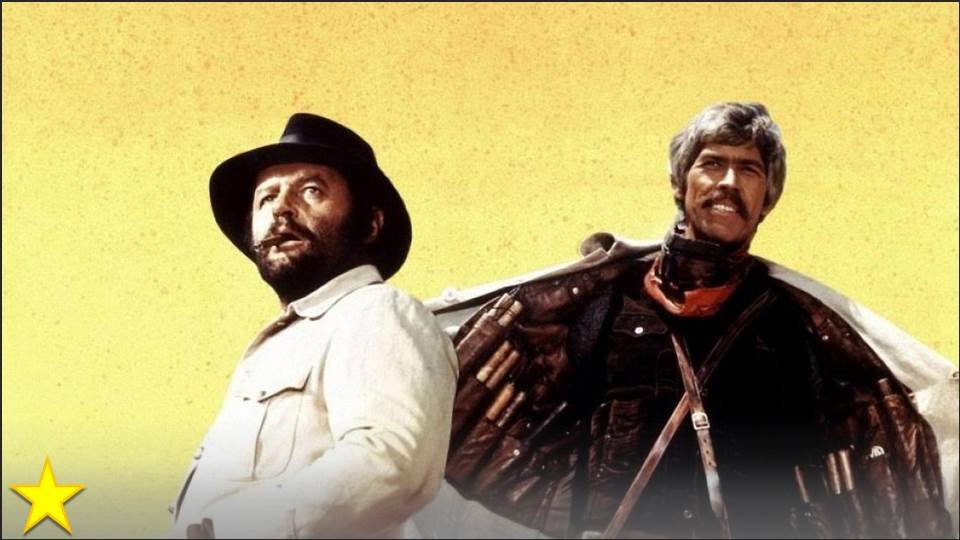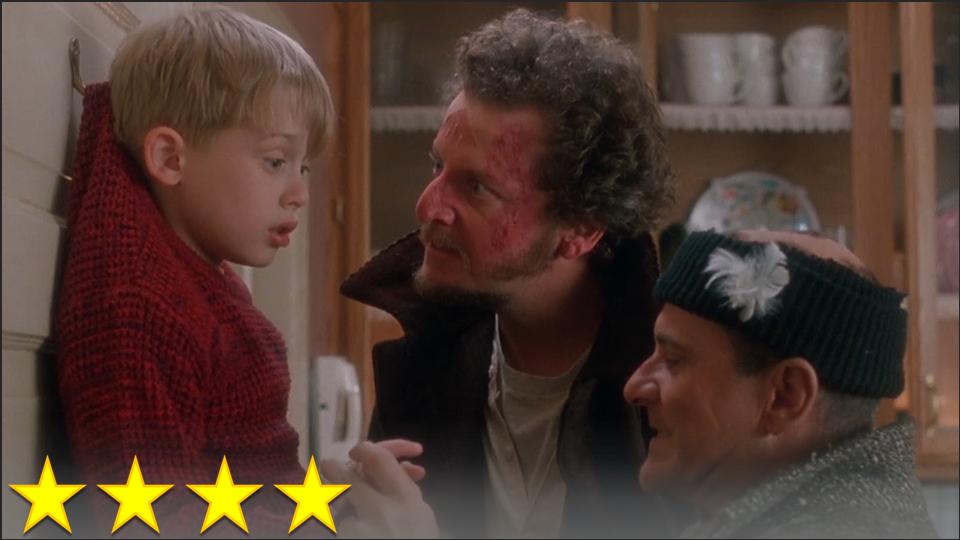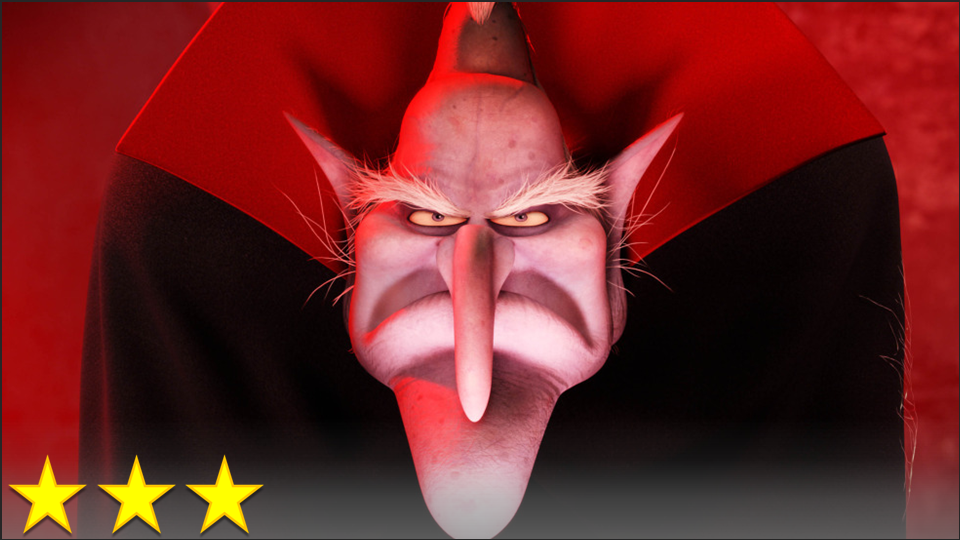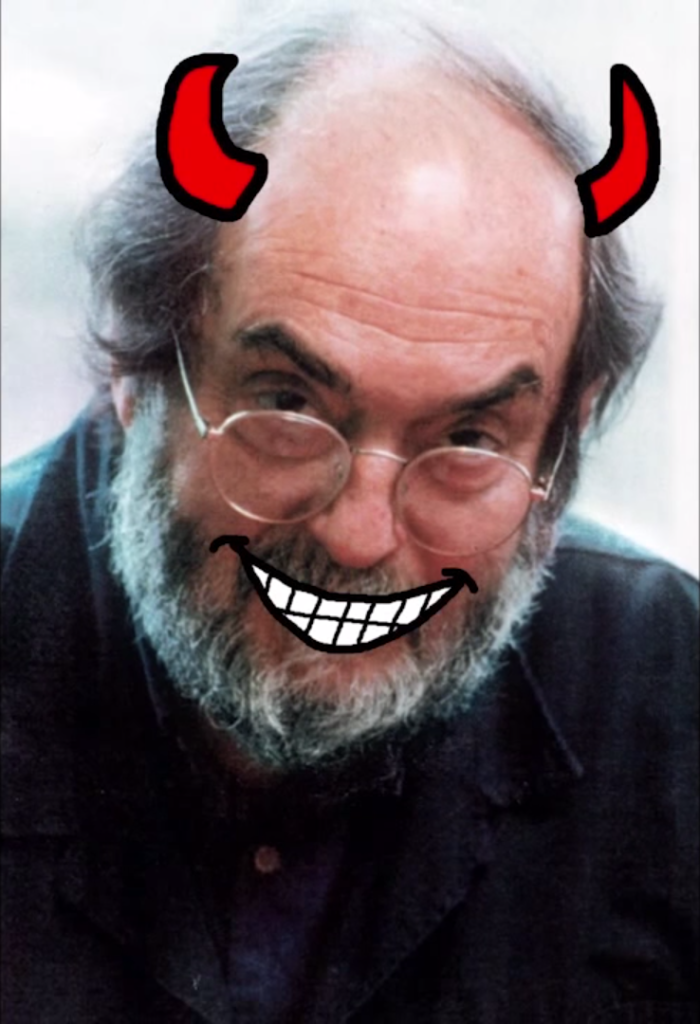Whoops. I only meant to watch the first few minutes of the movie before going to bed, so I wonder, how did I end up staying awake into the middle of the night to finish it? Oops. I meant to return it to the library after I watched it, and yet somehow it stayed in my computer with PowerDVD running different scenes from it everyday, which I accidentally kept watching. Oh, poopy – I had other music I meant to listen to, so why have I been listening to this soundtrack so much over the past month? Uh oh, it looks like a Blu-Ray copy of this movie somehow became a priority on my birthday wishlist, even though I had more important needs than another Blu-Ray for my collection. Crap! I wasn’t supposed to be happy that I actually got the Blu-Ray for my birthday instead of an external hard drive!
And to think, horror isn’t really a genre I go for, so I wasn’t even supposed to like this very much. Whoops-a-daisy. By gosh, it sure is amazing what mistakes can be made because of something nearly flawless.
But seriously folks, I can see the movie’s mistakes. I see the inconsistency in the camera quality, and the continuity errors with the Phantom’s makeup. I can tell that the editing isn’t always entirely professional, like when it accidentally indicates that Phoenix has noticed a gun, even though she hasn’t. Somehow, I find these little blemishes to make the movie a little more human, and to make it all the more fun. It is no surprise that this is a ’70s cult classic. It’s a movie I’ve been meaning to see for a while since Paul Williams is always talking about it, and I’m a big fan of his, but I just wish I’d realized that I needed to see it sooner so I could immediately start preaching the good new of Phantom of the Paradise to all the world. I can’t help but feel as though this ignorance was a big mistake on my part.
Whoops.
